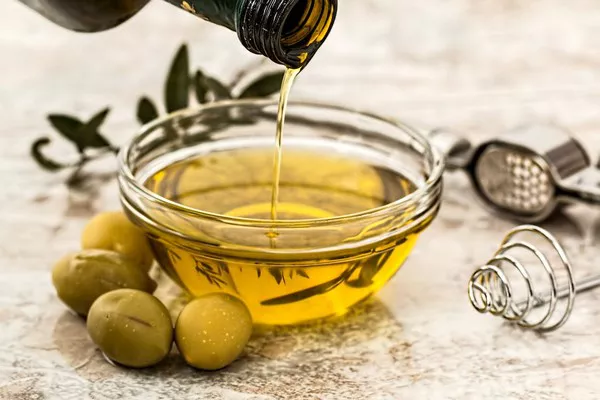In an era marked by increasing concerns over food scarcity and environmental sustainability, one Estonian start-up, ÄIO, is pioneering a unique solution that could reshape the way we approach food production. ÄIO, founded in 2022, has developed a groundbreaking process to convert industrial waste into fats and oils, offering a promising alternative to conventional meat products.
Drawing a parallel with the brewing of beer, ÄIO’s co-founder, Petri-Jaan Lahtvee, likened their innovative process to fermentation. Instead of barley and hops, a different type of yeast is employed to transform sugars extracted from industrial sidestreams into fats and oils. This natural and efficient process holds tremendous potential in addressing food scarcity and environmental challenges.
One of the key advantages of ÄIO’s technology is its versatility. Timber, agricultural byproducts like straw, and even food waste can be utilized to produce ingredients for both the food and cosmetic industries. Moreover, this eco-friendly process requires minimal inputs, with only a “little bit” of nitrogen needed, making it easily scalable for adoption worldwide.
The rosy red oil generated by ÄIO’s process is especially well-suited for meat alternatives, providing the color appeal necessary to entice consumers away from traditional animal-based products. The company touts its encapsulated oils as “perfect” plant-based substitutes, particularly in bakery products, claiming them to be tastier and healthier than existing alternatives while significantly reducing the environmental impact associated with animal fats and plant-based oils.
Notably, this innovative approach addresses pressing concerns such as deforestation caused by palm oil production, a ubiquitous ingredient found in various everyday products. By offering a sustainable and environmentally responsible alternative, ÄIO aims to mitigate the damage inflicted on Asian, African, and Latin American landscapes.
Beyond environmental considerations, ÄIO’s process can bolster food security by promoting the use of local resources. This becomes particularly relevant in light of recent global disruptions caused by events like the COVID-19 pandemic and the Ukraine war, which exposed the vulnerabilities of complex global supply chains.
Looking ahead, ÄIO is exploring technologies to “upcycle” household food waste, such as banana and orange peels, further contributing to sustainability efforts.
Nonetheless, ÄIO faces challenges on its path to revolutionize the food industry. Some consumers may harbor reservations about consuming industrial byproducts, despite the similarity of the process to familiar fermented foods like kimchi or yogurt. Moreover, price competitiveness remains an issue, especially against well-established products like palm oil. Experts argue that factoring in the environmental costs of conventional products and revisiting government subsidies could level the playing field for innovative alternatives.
To support its ambitious mission, ÄIO secured €1 million in funding from investors at the beginning of 2023. However, perhaps the most formidable obstacle is navigating the complex landscape of food regulations. While safety remains paramount, ÄIO’s co-founder, Petri-Jaan Lahtvee, highlights the challenges posed by unclear and unpredictable permitting processes. The European Union, known for its stringent food production regulations, plays a central role in this regulatory puzzle, with some experts and industry figures advocating for a more innovation-friendly approach to food production.
As ÄIO forges ahead, it grapples with the dual promise and complexity of transforming industrial waste into sustainable food alternatives. It stands at the intersection of innovation, environmental responsibility, and the need for global food security—a venture that could reshape the future of food production.

